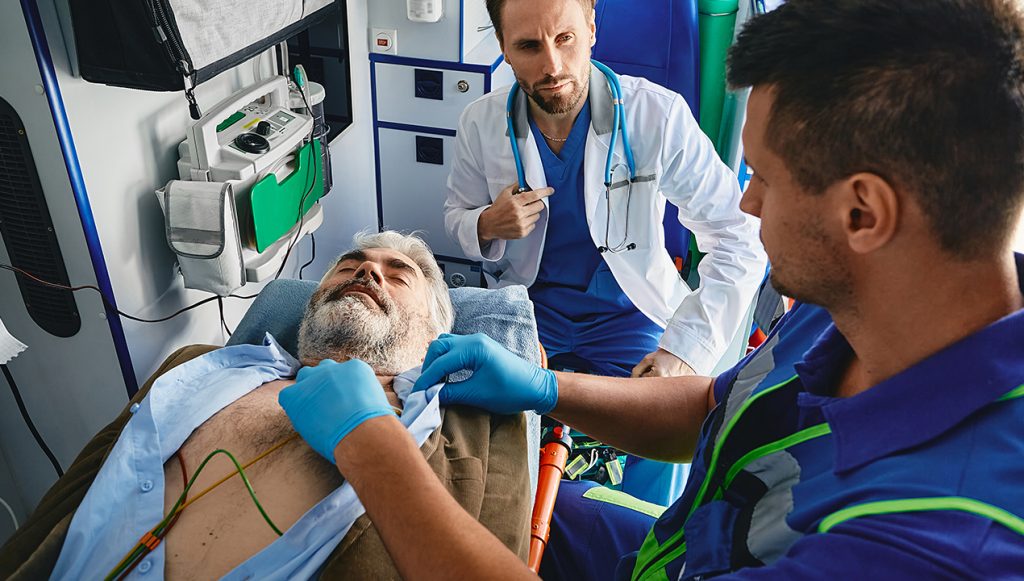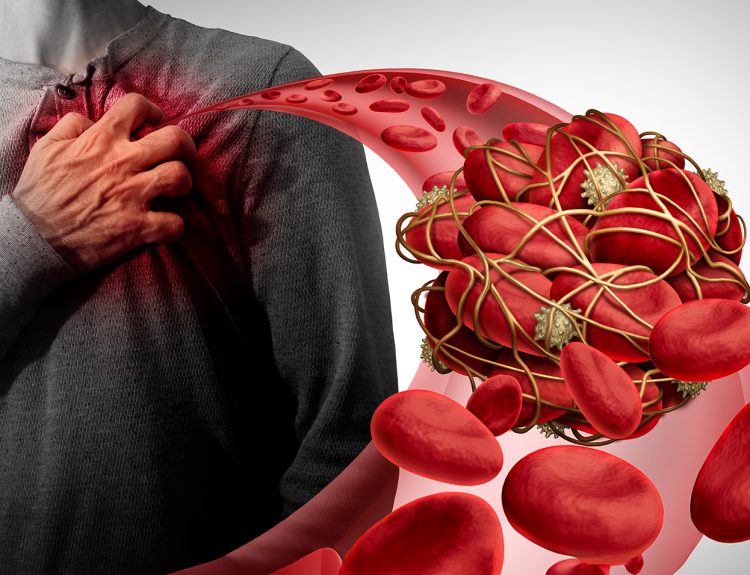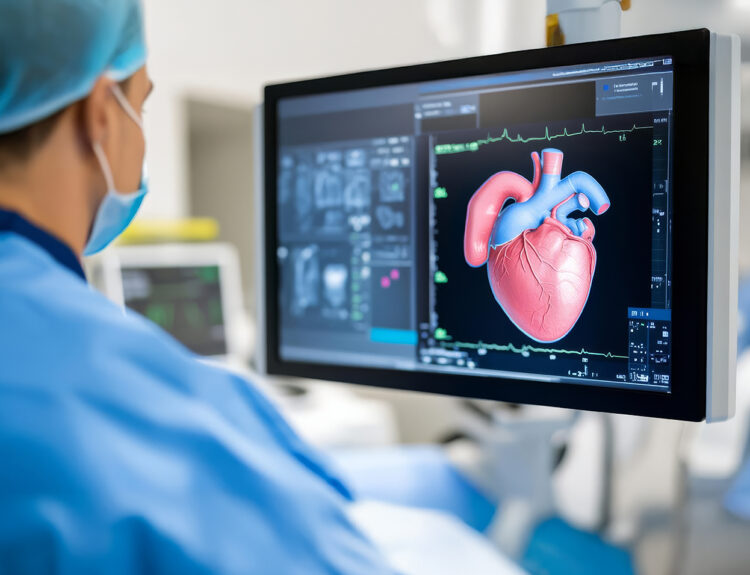When it comes to cardiac procedures, it’s not just about the skills of the cardiologists; it’s a whole team effort. From intricate interventions to life-saving surgeries, success hinges on a seamless collaboration between skilled cardiologists and the indispensable technicians operating specialized equipment.
At MDForLives, our panelists, driven by a shared goal of advancing cardiovascular care, regularly contribute their expertise through targeted surveys. Their insights don’t just inform; they reveal. In our latest cardiology-focused survey, hundreds of healthcare professionals came together to spotlight the most pressing challenges in their field.
And what did we uncover?
A shocking 50% of cardiologists pointed to a significant shortage of well-trained medical technologists as one of the biggest roadblocks facing cardiac care today.

This scarcity of skilled technicians isn’t just a small challenge in cardiology, it’s a big deal in healthcare! It raises the stakes for procedural errors and complications, directly impacting patient outcomes. The delicate nature of cardiac interventions demands a tight-knit teamwork between cardiologists and technicians which means, these technicians need top-notch skills and comprehensive training to ensure everything runs smoothly.
To learn more about this challenge and how we can overcome it, and to unveil other insights that are tied to cardiac procedures and interventions, keep reading!
How Early Should We Resolve This Challenge in Cardiology?
Our recent detailed survey not only sheds light on the scarcity of skilled medical technicians but also highlights the active engagement of cardiologists in pivotal cardiac procedures such as Angioplasty, Structural Heart Interventions, Heart Valve Repair, Coronary Artery Bypass Grafting, etc.

About 23% of cardiologists regularly conduct angioplasties, aimed at restoring heart health. Additionally, a notable 21.6% specialize in structural heart interventions and 17.6% focus on intricate heart valve repair. These statistics illustrated above illuminate the diverse responsibilities shouldered by cardiologists, showcasing their unwavering commitment to a range of complex procedures vital for ensuring optimal care for patients with various cardiac conditions.
Wondering about the correlation between these figures and the shortage of medical technologists who are skilled? The connection becomes apparent when we consider the frequency of daily cardiac procedures performed by cardiologists. With such a substantial workload, these specialists undoubtedly require capable assistance – skilled cardiac technicians. Thus, the urgency to resolve the shortage of skilled professionals becomes increasingly evident.
Resolving the Shortage of Skilled Cardiac Technicians

Resolving one of the current problems in cardiology – shortage of skilled cardiac technicians goes beyond numerical quotas. It’s about ensuring that every individual undergoing a cardiac procedure receives the highest level of expertise and support for improved patient outcomes.
Here are some ways in which, we can resolve this challenge in cardiology:
- Investing in Education: Initiating comprehensive educational programs tailored for aspiring cardiac technicians is crucial. These programs should cover both theoretical knowledge and practical skills necessary for handling advanced cardiac procedures. Funding scholarships, internships, and training programs can attract more individuals to this specialized field and bridge the skill gap.
- Fostering Collaborations: Establishing partnerships between healthcare institutions, educational bodies and industry stakeholders is pivotal. Collaboration can facilitate the development of advanced training modules, access to state-of-the-art equipment, and real-time exposure to evolving technologies. These partnerships ensure that technicians are equipped with up-to-date skills required for modern cardiac interventions.
- Elevating the Status of Cardiac Technicians: Recognizing and highlighting the vital role played by cardiac technicians can attract more talent to this field. Providing career advancement opportunities, certifications, and professional development pathways can encourage more individuals to pursue careers as skilled cardiac technicians.
- Quality Assurance & Standardization: Implementing quality assurance measures and standardizing protocols for cardiac procedures can ensure consistency and excellence in care delivery. Continuous evaluation and refinement of practices can elevate the overall standard of cardiac care, eliminating the current problems in cardiology.
- Advocacy & Awareness: Advocating for the importance of skilled cardiac technicians within the healthcare community and raising awareness about their contributions can garner support and acknowledgment for their role. This recognition can attract more resources and support towards resolving the shortage of medical technologists.
- Policy & Regulatory Support: Working with regulatory bodies and policymakers to create frameworks that support the training, certification and career progression of cardiac technicians is essential. Clear guidelines and regulations ensure the maintenance of high-quality standards in cardiac care.
Here’s some good news: In addition to addressing the shortage of skilled medical technologists in cardiac procedures, an impressive 91% of cardiologists actively participate in enhancing the quality of other cardiac procedures and conducting research.  This dedication ensures that they can offer the highest level of service to patients, striving to provide the best possible care and outcomes. This dedication ensures that they can offer the highest level of service to patients, striving to provide the best possible care and outcomes.
This dedication ensures that they can offer the highest level of service to patients, striving to provide the best possible care and outcomes. This dedication ensures that they can offer the highest level of service to patients, striving to provide the best possible care and outcomes.
Communication Gap: A Crucial Challenge in Cardiology
In the world of Cardiac Procedures and Interventions, the shortage of medical technologists who are well-trained is just one piece of the puzzle. Surprisingly, less than half of the cardiologists globally (45%) make it a point to discuss risks, benefits and other options with patients during their office visits, significantly affecting how well patients understand their care.
Effective communication between physicians and patients is crucial in delivering top-notch healthcare. However, this statistic highlights a big communication problem in cardiology. These conversations are vital as they empower patients to make informed decisions about their heart health.

Enhancing these discussions is key. Encouraging open conversations, using simple language, visual aids and dedicating ample time during appointments are strategies that can make a real difference in how much patients understand. By closing this communication gap, cardiologists can empower patients to actively engage in their cardiac treatment decisions, leading to improved outcomes and a more knowledgeable patient community.
Moreover, about 30% of cardiologists emphasize the pivotal role of clinical nurse specialists or patient educators in supporting patients. These specialists adeptly simplify intricate medical information, enabling patients to comprehend their cardiac conditions better. Through tailored interactions and educational sessions, they act as a conduit between cardiologists and patients, facilitating comprehensive discussions on treatment options. This collaboration significantly amplifies patient understanding and engagement, contributing to enhanced outcomes in cardiac care.
Final Thoughts
As we wrap up this journey through the intricate world of cardiology, one thing is clear – it’s a field that demands not just medical expertise but a holistic approach. By addressing every challenge in cardiology head-on, we can pave the way for a future where every cardiac procedure is a symphony of skill, communication and collaboration, ultimately leading to improved outcomes and a healthier, more knowledgeable patient community.
Medical professionals aspiring to influence the healthcare sphere are welcome to join MDForLives and take part in paid medical surveys, influencing healthcare innovation. You may also actively engage in our discussion forums, webinars, and contribute expertise through blogs and case studies to drive pivotal healthcare conversations!
Reference:
Cardiology, MDFL Survey Data

MDForLives is a vibrant community of healthcare professionals and patients dedicated to shaping the future of healthcare. We provide valuable global insights to healthcare companies through online surveys, interviews, and discussion forums.








